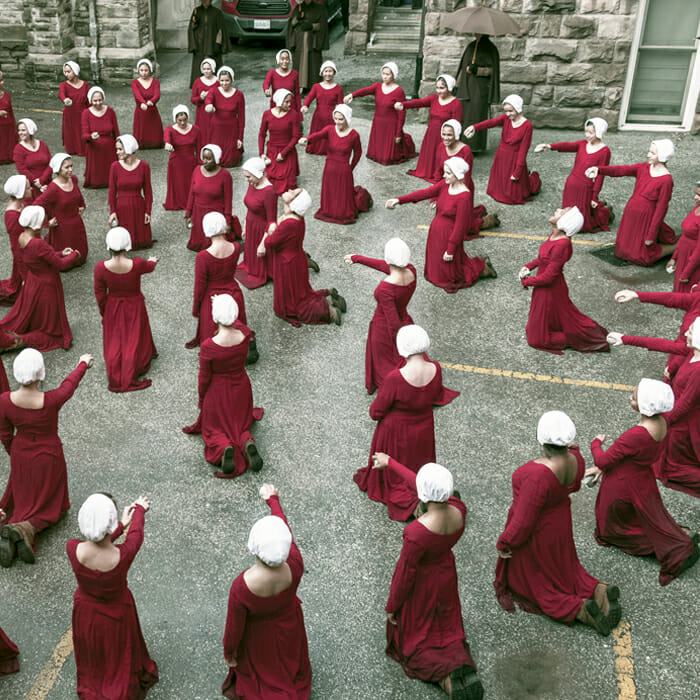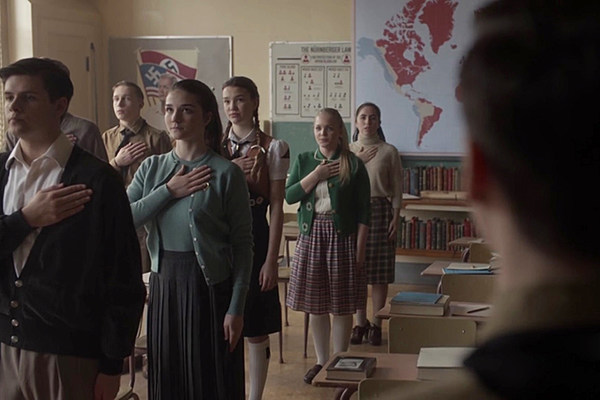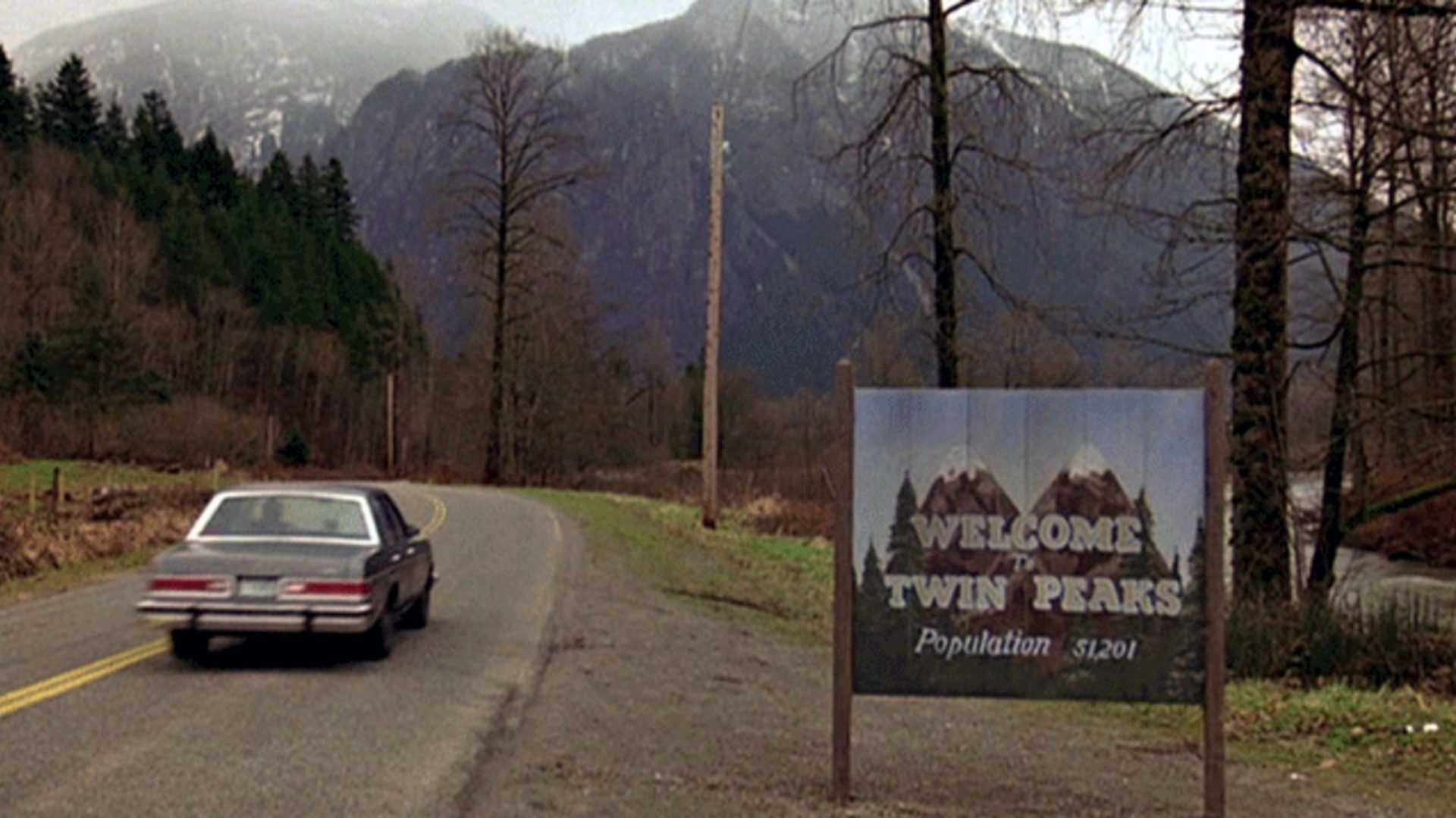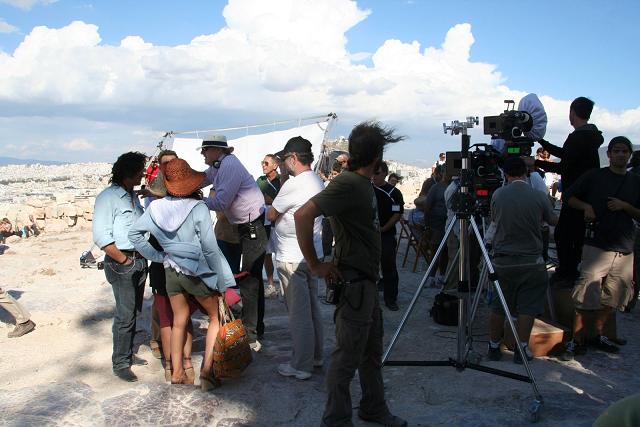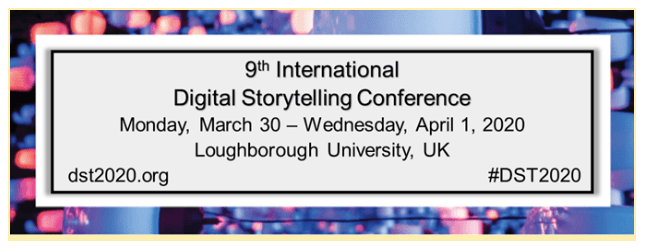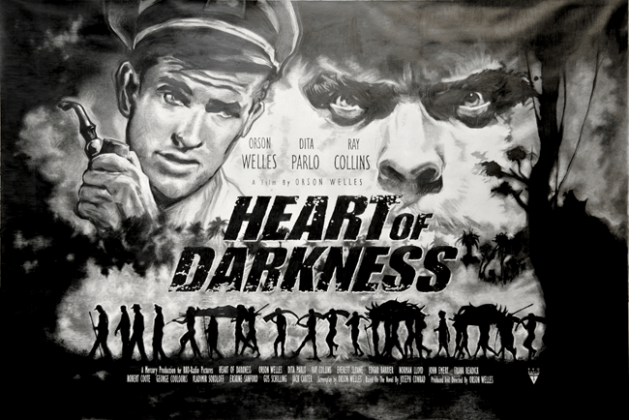
Proposals are invited for papers at Unmade, Unfinished, Unseen: Shadow Histories of Cinema and Television, a two day international conference, 16 – 17 September 2020, at De Montfort University, Leicester. Keynote speakers: Dr Shelley Cobb (University of Southampton), Professor Andrew Spicer (University of the West of England), and others to follow.

